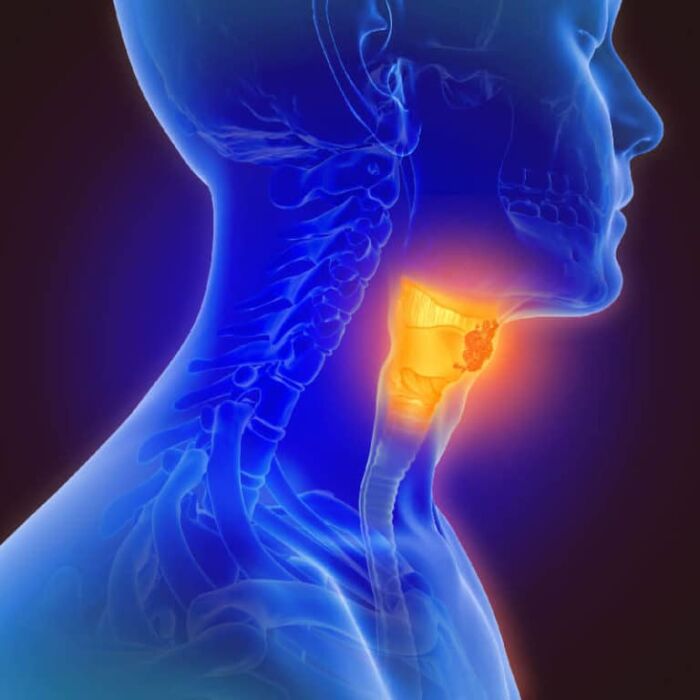What is a Leaky Gut?
When the human intestines are healthy and functioning correctly, they act as both a barrier and filter for our bodies. They essentially are supposed to allow nutrients to be absorbed in the gut but to block any toxins that may be circulating within the body. When the intestines are not working properly, it can cause the body to absorb the toxic substances into the bloodstream and may result in inflammation as your body attempts to attack these foreign invaders. Factors that may cause intestinal permeability can include food sensitivities, stress, and nutrient deficiencies. Patients may be experiencing symptoms such as chronic inflammation, joint pain, foggy thinking or bowel diseases. Learn more about leaky gut.
Gut and Thyroid Connection
There is a strong correlation between thyroid and gut health. Studies have shown that low thyroid hormones can lead to leaky gut and poor gut health can suppress thyroid function. Optimal digestion actually helps to tame the antibodies associated with autoimmune conditions such as Hashimoto’s and Graves.
Hashimoto’s Thyroiditis
Characterized by the immune system’s attack on the thyroid gland, Hashimoto’s thyroiditis is one of the most common autoimmune diseases. Women often experience Hashimoto’s more often than men but both may complain of symptoms such as unexplained weight gain, fatigue, or hair loss.
Studies have shown the prevalence of autoimmune thyroid disease in patients with celiac disease was about four times higher than that in the general population. In a study with Dutch patients, researchers found that of 184 patients with celiac disease, 21% of them were positive for a thyroid disorder.
What can you do?
Studies have clearly shown the link between Hashimoto’s and gluten intolerance. A study published in the Journal of Digestive Diseases and Sciences found that in patients with celiac disease, intestinal permeability returned to normal in 87% of people who followed a gluten-free diet for over a year. Improving your diet and being conscious of what foods you are consuming can help treat your leaky gut.
Eating items such as processed foods, too much sugar, and foods you are sensitive to can worsen your leaky gut. By eliminating these products as well as gluten from your diet, you can help reduce the inflammation in the body and allow the gut to heal.
Eliminate known foods that cause sensitivities or intolerances and stay away from pesticides and processed vegetable oils. Typical problem foods you may want to eliminate include:
- Wheat
- Dairy
- Eggs
- Nuts
- Soy
- Alcohol
- Caffeine
While you eliminate these problem foods, you should also be adding foods into your diet to help heal the gut lining. Focus on adding in fibrous fruits, veggies, and beans to help enhance butyrate production.
Foods high in Omega-3’s can help reduce inflammation in your intestinal cells and consuming bone broth can help the cells to stay strong. Foods to focus on should include:
- Unprocessed meat and seafood
- Healthy fats from coconut oil, high omega-3 foods, olive oil, and avocado.
- Non-starchy veggies such as leafy greens
- Fresh fruits
It is vital to focus on stress management while also changing your diet to help prevent any further digestive problems. Try avoiding stressful people and situations and find proper stress coping mechanisms to deal with any stress heading your way. It is also important to drink plenty of water and get your sleep!
After you have eliminated the common problematic foods, you can try to re-introduce certain ones back into your diet. Reintroduce one new food into your diet every 3 days and take note of any reactions your body has.
Foods to reintroduce can include eggs, nuts, dairy or alcohol/caffeine, just make sure to only introduce one at a time. If you experience any symptoms after introducing a specific food, stop consuming it for good until you’ve spoken with a practitioner or nutritionist.
How ageRejuvenation Can Help
Patients often complain of thyroid disorder symptoms and do not feel better after speaking with their primary care physicians. This is typically because most practitioners will prescribe a synthetic T4 for hypothyroid patients.
This approach will not work for patients who have trouble converting T4 to T3 and most will feel better when both T4 and T3 are replaced. It is important to work with a hormone clinic that specializes in thyroid disorders, such as ageRejuvenation, in order to figure out exactly what is going on so that we can get you feeling better.
We do in-depth bloodwork to get these answers and then our practitioners can come up with an individualized treatment plan for treating your thyroid concerns. Working alongside the practitioner, our nutrition team can help you incorporate a diet into your lifestyle that will help improve thyroid and leaky gut symptoms.








